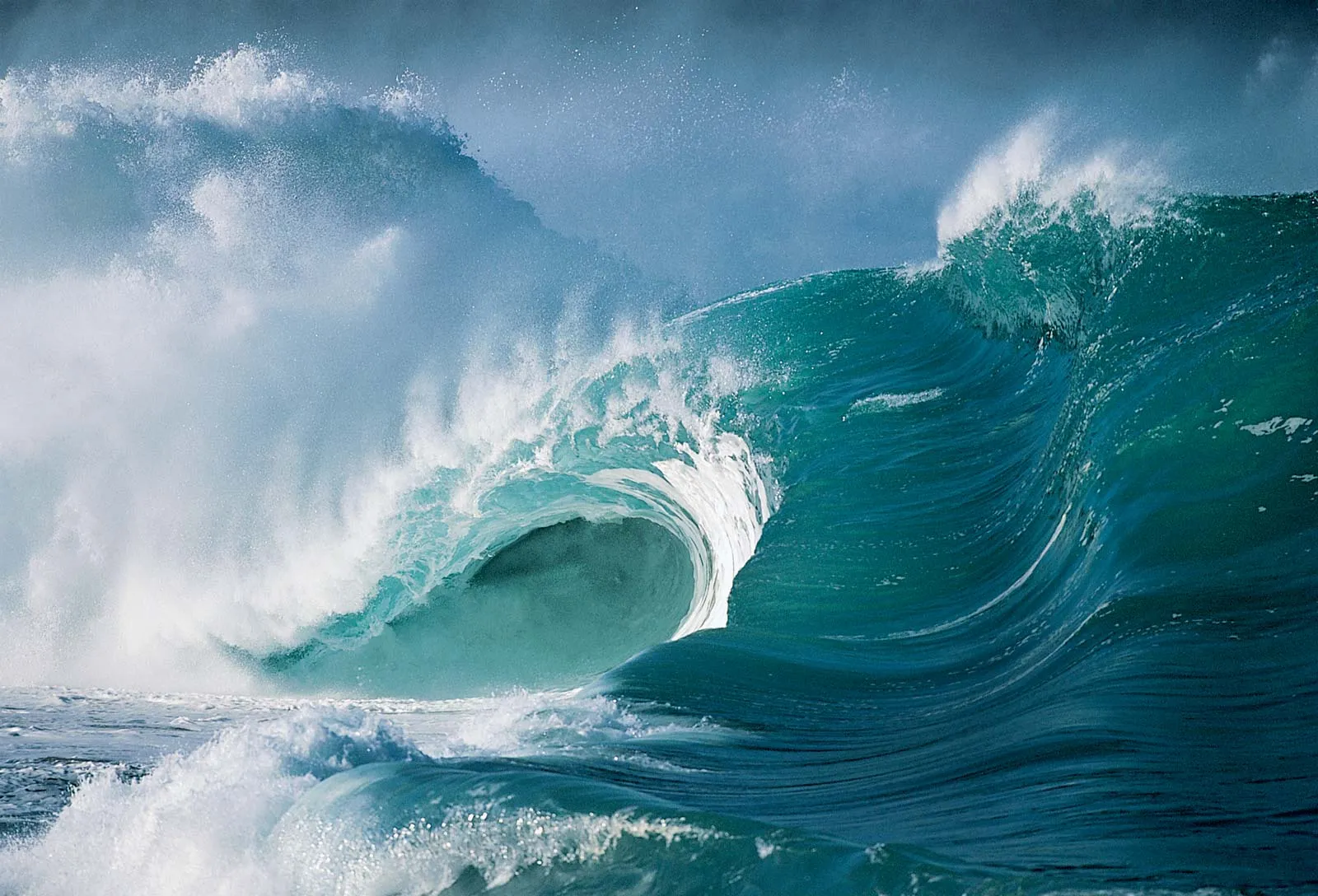
Did you know? Strange and unusual facts about the world's oceans and marine life
By Adedayo Oyetoke, Published on: January 14th 2024 4 min, 632 word Views: 1083
The ocean is a vast, mysterious, and fascinating realm that holds countless secrets. From the deepest trenches to the highest peaks, the ocean is home to a diverse array of creatures, many of which are unknown or misunderstood. In this blog, we will delve into some of the most bizarre and intriguing facts about the world's oceans and their inhabitants. Prepare to be amazed!
1. The world's deepest ocean trench:
The Mariana Trench, located in the Pacific Ocean, is the deepest part of the world's oceans. It reaches a staggering depth of over 36,070 feet (10,994 meters). This trench is so deep that it is not only the deepest point on Earth but also the deepest point in the solar system. The pressure at the bottom of the Mariana Trench is over 1,000 times greater than that at the surface of the Earth, and the water there is almost entirely devoid of life.
2. The world's largest ocean:
The Pacific Ocean is the largest ocean in the world, covering approximately 35.7 million square kilometers (13.8 million square miles). It is larger than all the other oceans combined and is responsible for approximately 37.5% of Earth's total surface area. The Pacific Ocean is also the most extensive ocean in terms of volume, making up 31.6% of Earth'marine water.
3. The world's saltiest ocean:
The Dead Sea, located between Israel, Jordan, and the Palestinian Territories, is the saltiest ocean on Earth. With a salt concentration of around 37 grams per liter (37,000 milligrams per liter), the Dead Sea is over 1,300 times saltier than the ocean. This extreme salinity is due to the fact that it receives no freshwater input and is evaporated by the sun, leaving behind a thick layer of salt.
4. The world's smallest ocean:
The Arctic Ocean is the smallest ocean in the world, covering approximately 15.6 million square kilometers (5.9 million square miles). It is located between the North Pole and the North American, Eurasian, and Pacific continents. Despite its small size, the Arctic Ocean is an important ecosystem for various marine species, such as polar bears, walruses, and beluga whales.
5. The world's longest underwater canyon:
The Grand Canyon of the Sargasso Sea, located in the North Atlantic Ocean, is the longest underwater canyon in the world. It stretches over 2,400 kilometers (1,490 miles) and is over 500 meters (1,640 feet) deep. The canyon was formed by the movement of tectonic plates and is home to a unique ecosystem, including various types of fish, coral, and sea turtles.
6. The world's largest coral reef:
The Great Barrier Reef, located off the coast of Queensland, Australia, is the largest coral reef in the world. It stretches over 2,300 kilometers (1,430 miles) and is home to over 3,000 individual reefs. The Great Barrier Reef is also the world's largest living structure, composed of over 5,000 individual coral species.
7. The world's most dangerous ocean:
The Gulf of Mexico is considered the most dangerous ocean in the world due to its high levels of natural disasters, such as hurricanes, earthquakes, and oil spills. The Gulf of Mexico is home to numerous oil platforms and is also a major shipping route, making it prone to accidents and environmental disasters.
8. The world's most endangered marine species:
The vaquita, also known as the "ghost whale," is the world's most endangered marine mammal. The vaquita is found in the Gulf of Mexico and faces numerous threats, including habitat loss, entanglement in fishing gear, and disease. There are estimated to be only around 50 vaquitas left in the wild.
The world's oceans and their inhabitants are a treasure trove of strange and unusual facts. From the deepest trenches to the most endangered species, the ocean holds a wealth of knowledge that continues to captivate and inspire us. As we continue to explore and learn more about our planet's most fascinating ecosystem, let us strive to protect and preserve these incredible creatures for future generations.
